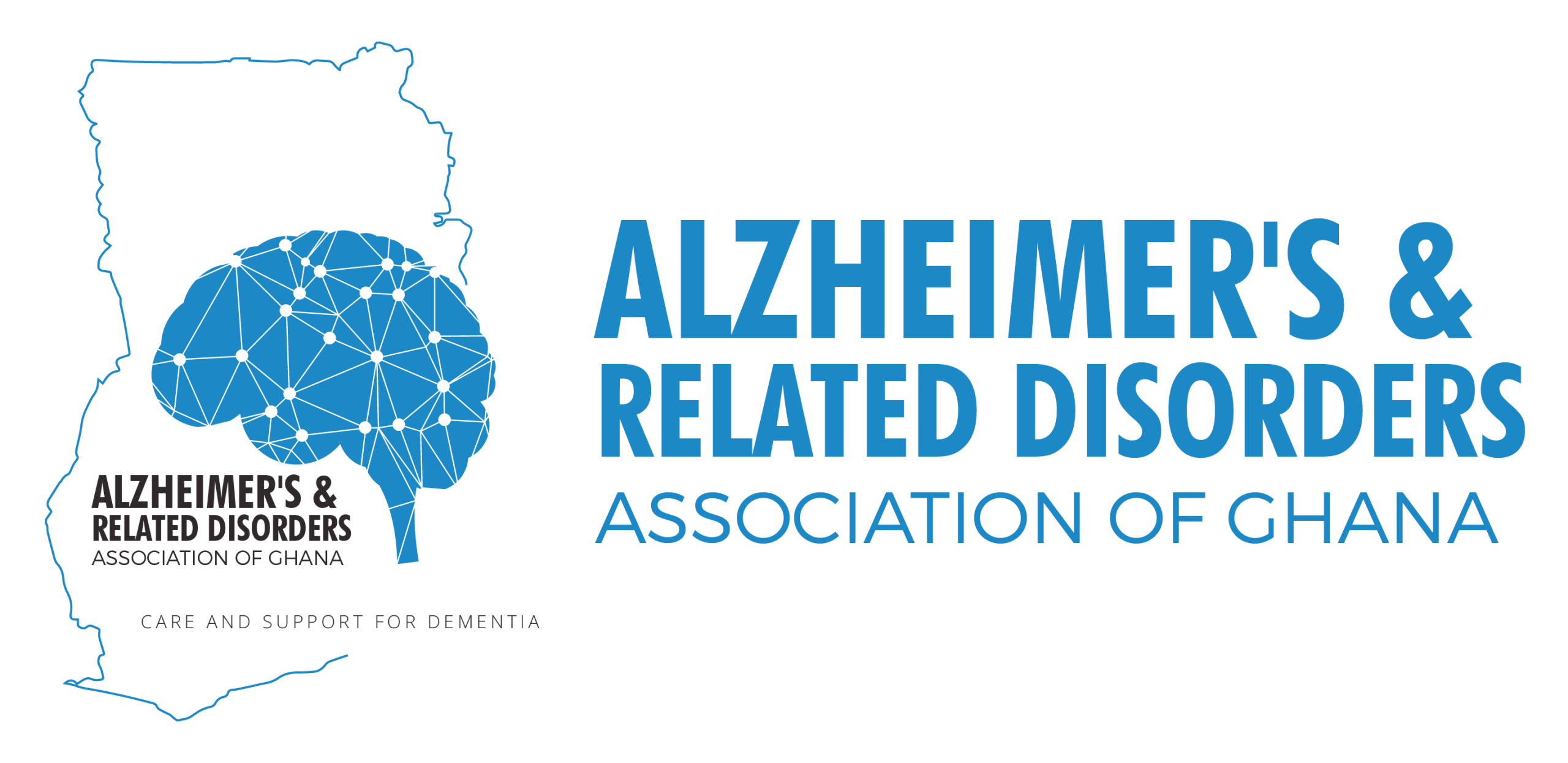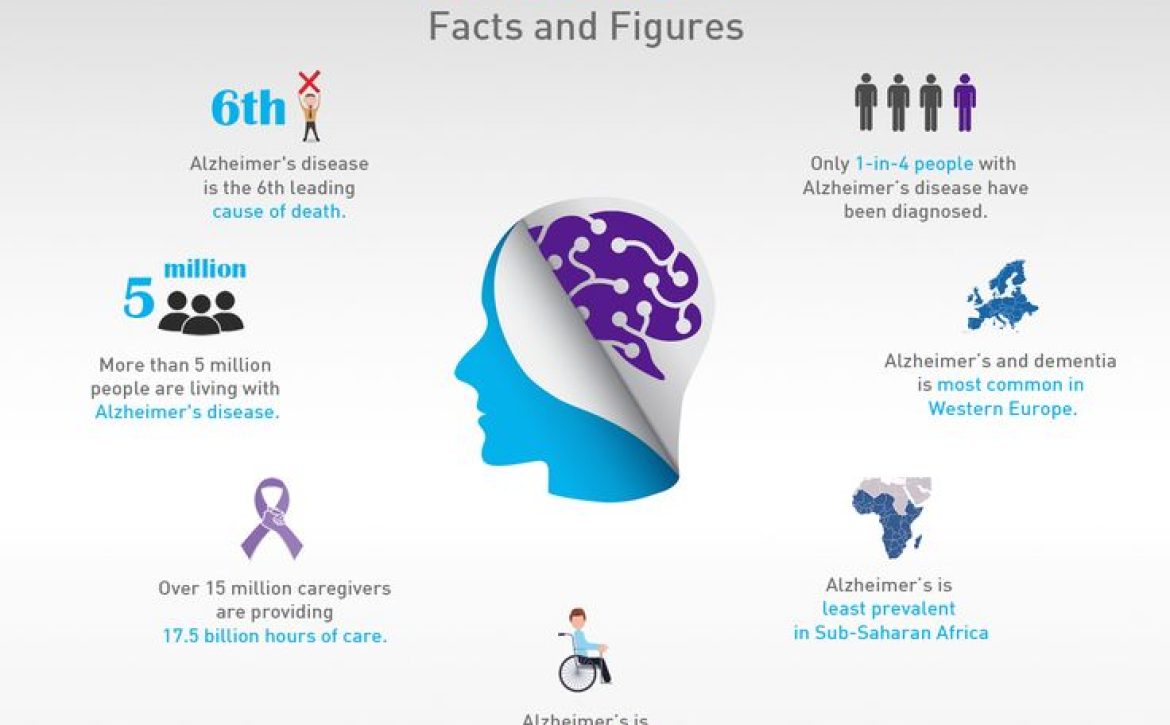
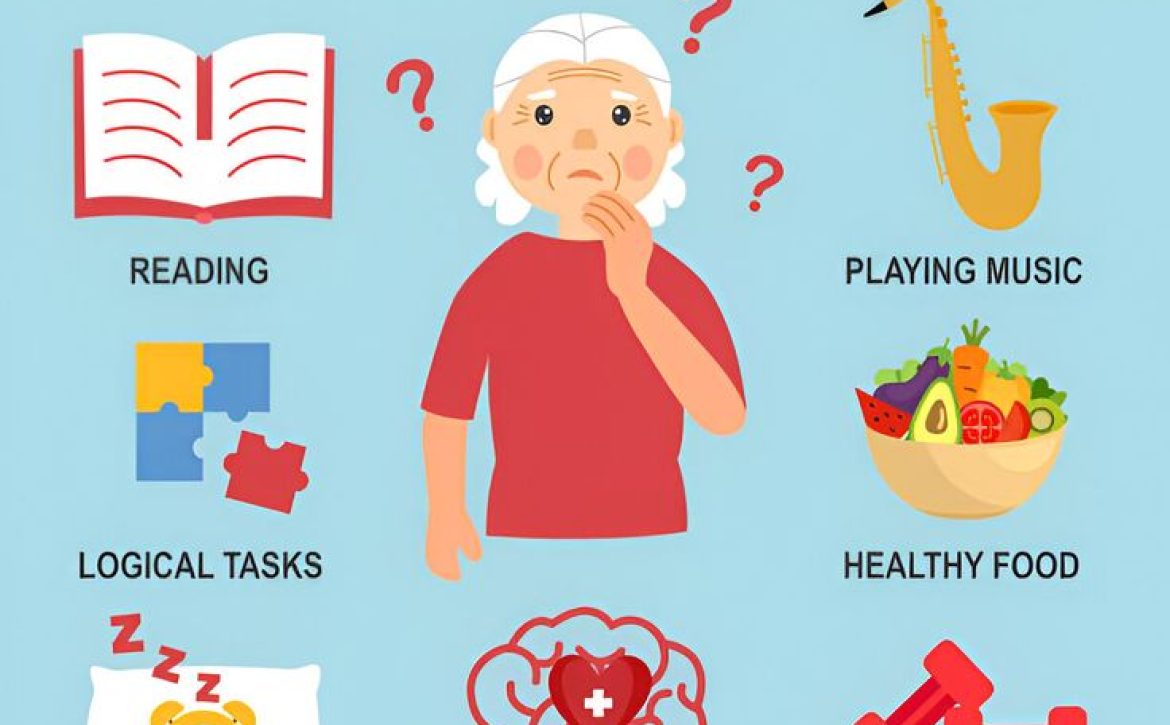
Alzheimer’s disease is more than a medical condition—it is a social challenge that affects families, communities, and the very fabric of aging in Ghana. As memory fades and confusion grows, elders living with dementia often face stigma, isolation, and misunderstanding. But through education, we can change that narrative.
Education is the most powerful tool we have to combat the fear and misinformation surrounding Alzheimer’s. When communities understand what dementia is—and what it isn’t—they begin to respond with empathy instead of judgment. Families learn to recognize early signs, seek support, and provide care that preserves dignity. Health workers become better equipped to diagnose and guide. Faith leaders, teachers, and youth begin to see elders not as burdens, but as people deserving of compassion and respect.

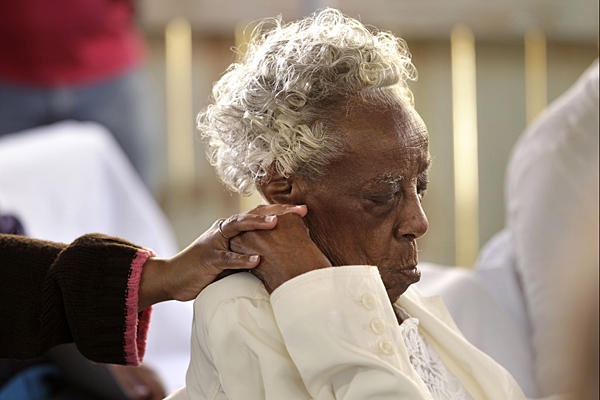
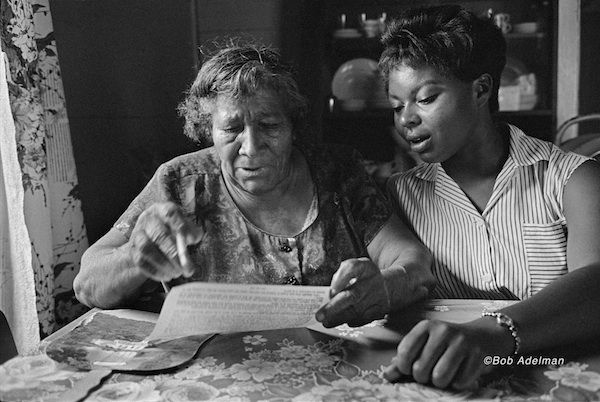
In Ghana, where traditional beliefs sometimes frame dementia as a curse or punishment, culturally sensitive education is essential. Workshops, outreach campaigns, and storytelling can help bridge the gap between science and community wisdom. When we teach with respect, we heal with knowledge.
Education also empowers caregivers. Many are family members with no formal training, yet they carry the emotional and physical weight of daily care. By offering practical guidance, emotional support, and peer learning, we help them thrive—not just survive.

At ARDAG, we believe that education is advocacy. Every pamphlet, every workshop, every conversation is a step toward a Ghana where elders with Alzheimer’s are seen, supported, and celebrated. Because when we educate, we don’t just inform—we transform.
Alzheimer’s may erase memories, but it cannot erase love, dignity, or the power of community to care.
Alzheimer’s is a progressive brain disorder that affects memory, thinking, and behavior—especially in older adults. It is not a normal part of aging, and early recognition can lead to better care and support. Through education and awareness, we can reduce stigma, empower families, and build communities that treat elders with compassion and respect.
